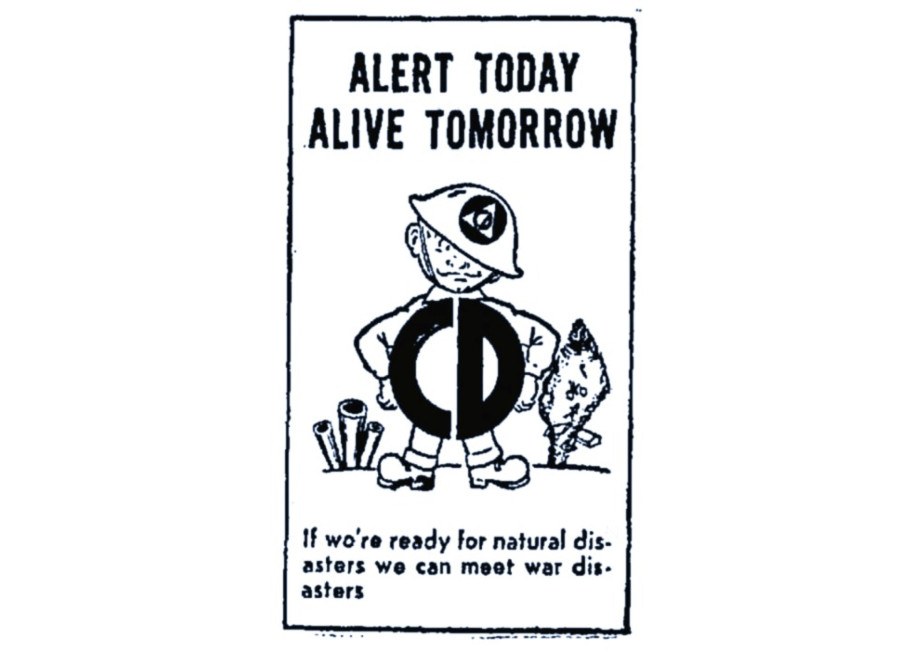A Greenhouse Research Talk by David Vail, Professor of History at University of Nebraska at Kearney (USA)

“Alert Today, Alive Tomorrow” examines the shifting roles of agricultural scientists, government policymakers, and producers in the midst of increasing agricultural risks and environmental hazards, especially droughts and floods, to the North American Great Plains region in the early Cold War. The Great Plains Agricultural Council (GPAC) conducted numerous interdisciplinary experiments to protect agricultural lands and preserve “industrial agriculture environments.” Their support of a farm-based conservation civil defense through a series of climate, weather, soil, disease, drought studies connected to federal civil defense efforts, formalized cultivation practices, and endorsed research that came to define Cold War agriculture and disaster response. This research is part of my current monograph project Vulnerable Harvests: Emergency Conservation in the Cold War Great Plains under contract with University of Nebraska Press.
David Vail is Professor of History at the University of Nebraska at Kearney, USA. He specializes in environmental and agricultural history, history of science and medicine, and public history. Vail is a first-generation student (first in his family to earn undergraduate and graduate degrees) and loves teaching as well as going on research adventures. He also serves as the chair of Humanities Nebraska (his state’s humanities council) and enjoys mountain biking in the Great Plains (even if mountains are hard to come by).